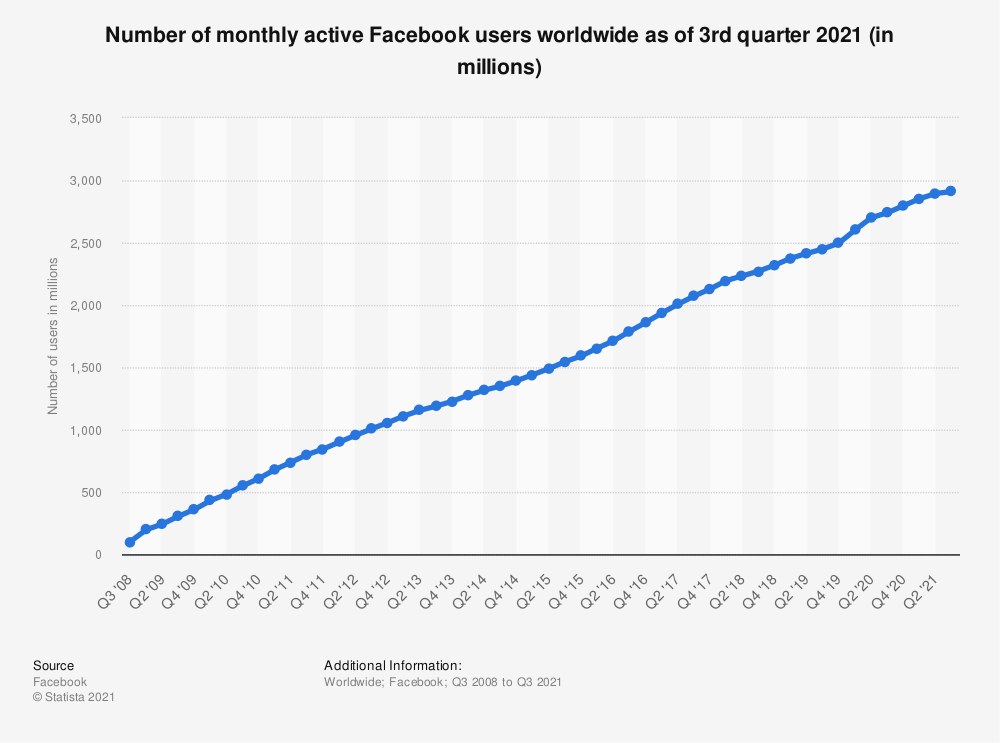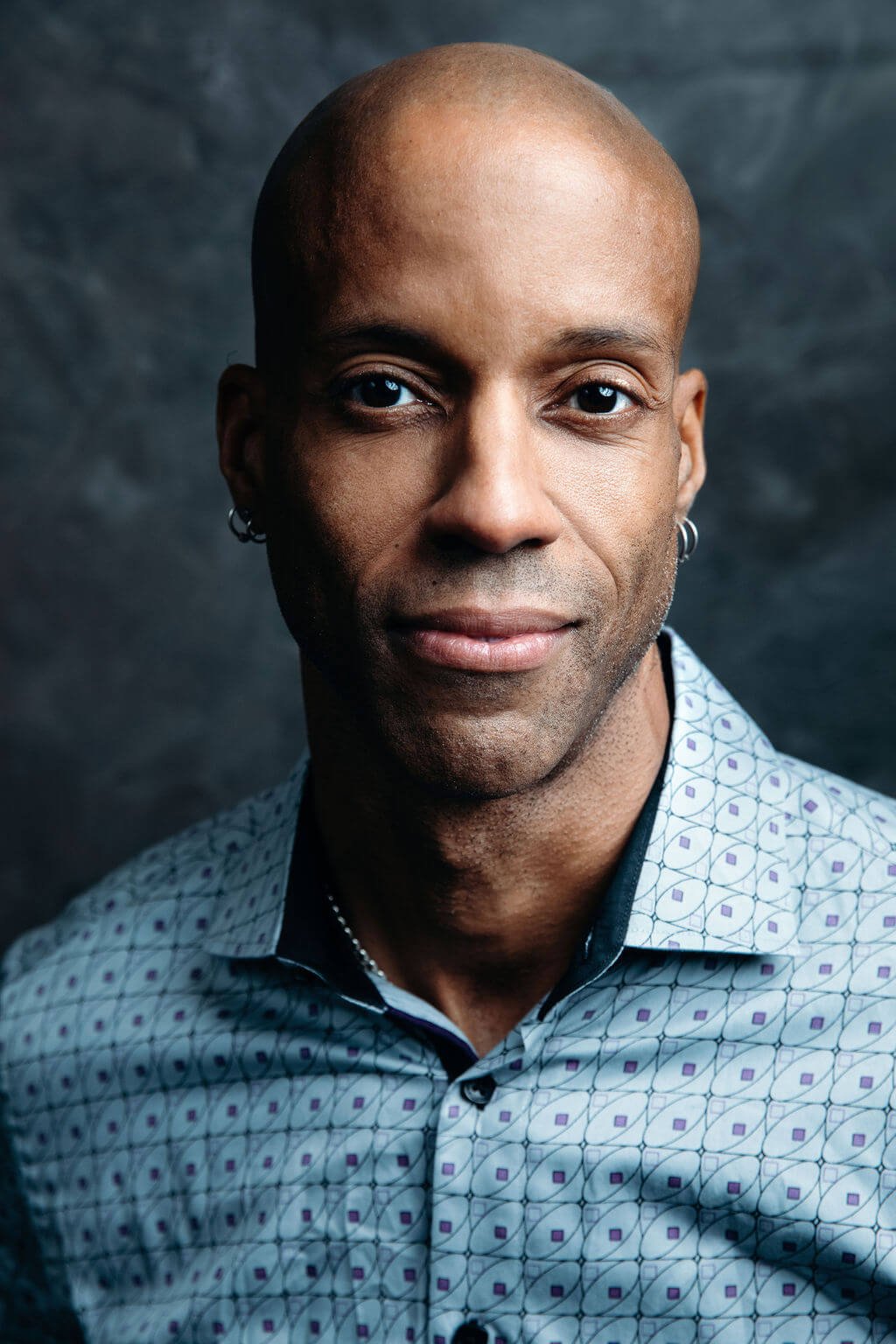
ZuckBucks.com. Myspace2.0. SKYNET. Zuckistan. FacePlant.
These are some of the ideas spawned by the inter-webs when Mark Zuckerberg announced plans to rename Facebook into Meta Platforms – or “Meta,” for short. On October 28th, when the social network behemoth announced the name change, there was an immediate buzz afoot. In fact, much more watercooler conversations compared to when Google took on the name Alphabet as its parent company name.
The burning question on the minds of many: Is the new Facebook parent company name change going to work? While many armchair experts try to encapsulate answers within the span of a Tweet, the real answer is much more complicated – it is not a simple yes or no. It all depends on what you mean by “work.”
As a marketing professor at the University of Pennsylvania’s Wharton School, I am constantly intrigued by the concept of rebranding. To start, a brand is not a tagline, logo, or set of colors on a website. These are the outward markers of your brand so that consumers can identify you in the marketplace.
A brand is a meaning system meant to clearly communicate what your product, service, or organization stands for. To borrow some logic from Simon Sinek, a popular writer and thought leader, it is the “why” of any given company. Your brand represents your core values, it is your promise to your customers. It is the North Star by which you should be relentlessly guided by in a sea of competition and constant market change and uncertainty. It is utterly important.
If consumers see an alignment of your brand’s core values with their own, they are much more likely to be loyal to your products and services. In fact, they may see your stuff as part of who they are. Therefore, the brand is an asset to be nurtured and guarded fiercely. So much so that many times companies try to rebrand in order to course-correct when their brand vision is not the vision that consumers hold. This is particularly the case where those visions in consumers’ minds may be intensely negative and could lead to consumers abandoning your brand in droves.
Enter the seemingly serendipitous decision to rebrand Facebook’s parent company.
Fair or not, Mark Zuckerberg has become the vilified poster child for all things wrong with tech giants. In fact, he himself is a brand, and much like Elon Musk, Mark has intertwined his story with Facebook. There’s no doubt that Facebook has been under siege from Congress, from data breach issues around Cambridge Analytica, misinformation dissemination, to the most recent whistle-blower revelations alleging a sinister, darker underbelly of the company that is fully aware of the perverse impact its algorithms have on consumers.
I’m getting asked constantly “Americus, is this some transparent attempt to create a shiny, distracting object to draw attention away from the litany of scandalous media coverage over the last several years?”
Personally, I have no idea what’s in the hearts of the Facebook C-suite. But I know this: a rebrand is often needed. This happens for various reasons in the marketplace. From the Washington Football Team (Washington Redskins), to Ben’s Original (Uncle Ben’s), to KFC (Kentucky Fried Chicken), AirTran (ValuJet), companies often change their name and this is risky business.
So, the question remains will this work? Is “meta” actually “betta.”?
Will people be less likely to leave Facebook because of this name change? Probably not. Daily active Facebook users have been steadily increasing over time in the face of the negative media coverage that would probably tarnish most other brands.
Some would say Facebook users are “loyal,” but be careful here. There’s a difference between being loyal, and being stuck in an inertial ecosystem. Most users curate their external lives on Facebook, so ‘deactivating’ their account will come at the expense of a non-trivial sunk cost. In fact, researchers have shown that you would have to pay people, on average roughly one hundred dollars a month, or at least one thousand dollars per year to jump the social network ship and deactivate their accounts. That means that even if Facebook didn’t make this change, they probably would be OK.
Will new users avoid Facebook because they live on other platforms like Instagram and Tik Tok? Well, Facebook owns Instagram, so they do not mind if you chose one or the other. But that aside, this question speaks to the idea that Facebook is where Generation Z and Alphas look at Facebook as “that thing your mom likes”.
So here is where the Meta rebrand gets interesting. Zuckerberg is in a race to be the face of a new class of products represented by the “metaverse.” which is essentially a fully immersive and multi-dimensional connected world. If Facebook is a two-dimensional connection channel, Meta will be that on steroids. It will be where virtual and augmented reality products will emerge and allow users to create, live, communicate, and commiserate in a fully immersive environment. This will certainly attract the digital natives whose first three words may have been mommy, daddy, and iPad.
But what about the older users? Not to be morbid (because I’m in that group), but they’ll eventually die, along with all the historical memory of negative stuff that may have been linked to Facebook. So this renaming strategy will most likely provide a “duality” of mind. It won’t replace the bad thoughts for those who have them, but aren’t willing to deactivate quite yet. But it will give any “on the fence” Facebook user “just enough” of a nudge to stay on board.
By having the names Meta and Facebook out there, the company has cleverly divided the oxygen in half. As the narrative around immersion and connectedness takes hold, the history of negative coverage will be solely isolated with the Facebook brand (assuming that Meta does not run into crises of its own). In that sense, the rebrand may serve the purpose of igniting a new connection to newer consumers through newer technologies, while implicitly pushing the old story out of our collective conscious. No doubt, the company has legions of seasoned PR professionals to accomplish this.
But within all of this lies a challenge for the company. First, Facebook isn’t the only player trying to get a piece of the metaverse pie. Second, and more importantly, the issues of Facebook around what is allowed to be discussed and shared in the two-dimensional platform will be magnified in the metaverse. Those problems are not going away. Imagine if consumers can create virtual worlds and communities where the kinds of controversial free speech arguments can also live in full three-dimensional glory? What then?
So, my fear is that the rebrand will potentially take away some of the heat temporarily, but the systematic issues that get the company perpetually in trouble remain. As such, the brush fire in the Facebook world could potentially turn into a raging forest fire that would make even Smokey the Bear shiver in fear.
Ok, I’m being a bit melodramatic, but you get my point. Branding is not some evil thing. And rebranding means a sincere and authentic attempt to redirect the meaning system, to clarify it, protect it, and allow it to be brought to new consumers to enhance their lives. If Zuckerberg and company stay focused on correcting older problems, being super sensitive to consumer needs and the impact their technologies have on the marketplace, then the new brand and company direction may be positively accepted, and not just more lipstick on a pig.
Dr. Americus Reed, II
Americus Reed is a Professor or Marketing at the Wharton school. He is also a Father, Researcher, Entrepreneur, Speaker, Angel Investor, Fitness Geek, Musician, and Student of life. Unlike other educators and motivational speakers, he brings all of his own identities to bare to create a right brain and left brain fusion of deep scholarly research and pop-culture “edutainment.”
His limitless passion energizes his work as the world’s leading “identity theorist.” His deliverables are designed to inform, advise and collaborate with the world’s obsessively intellectually curious individuals and most cutting edge organizations. Americus’ calling is to help them diagnose, identify and develop their unique gifts inherent in their own identities, so that they may flourish and thrive in all aspects of their lives.








